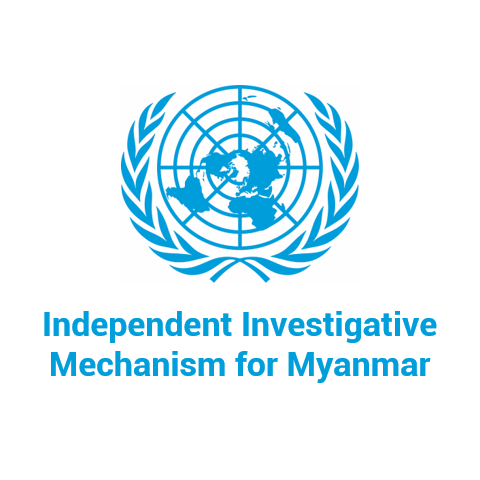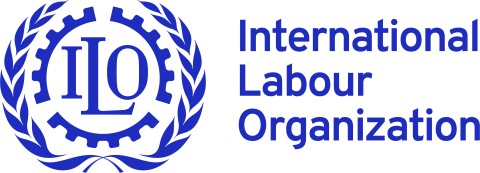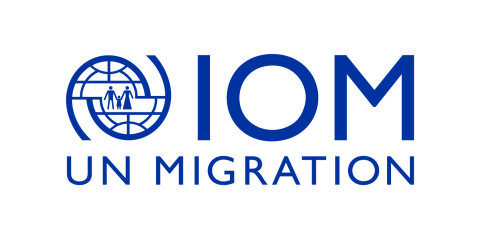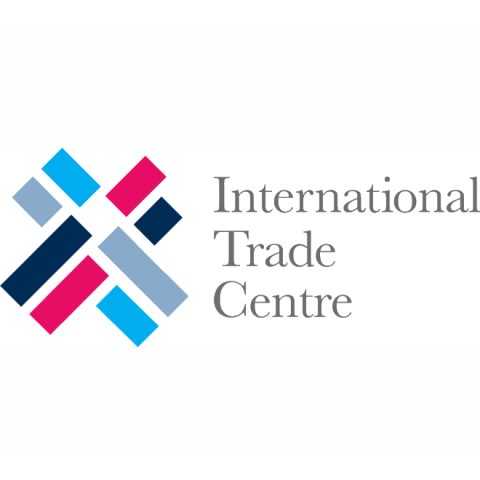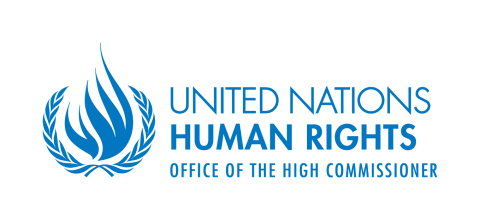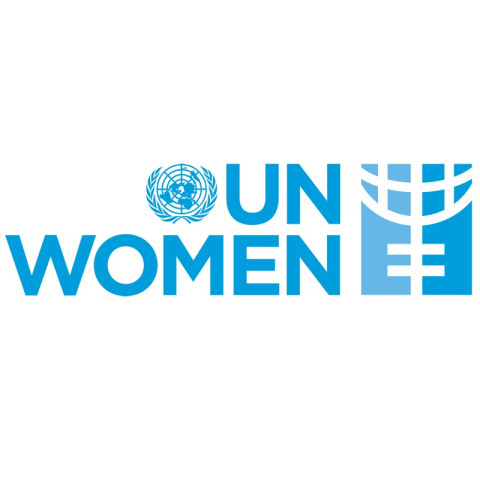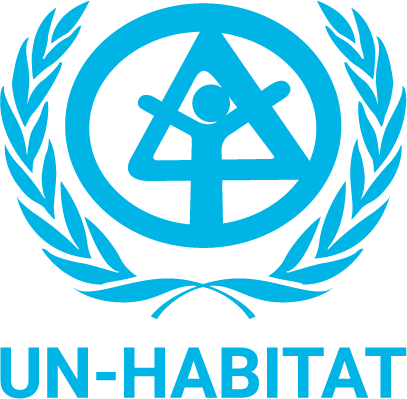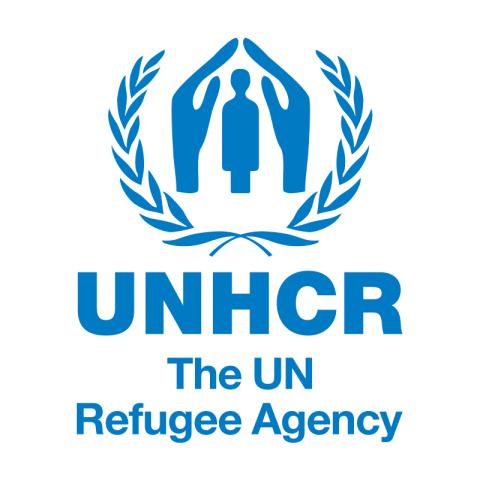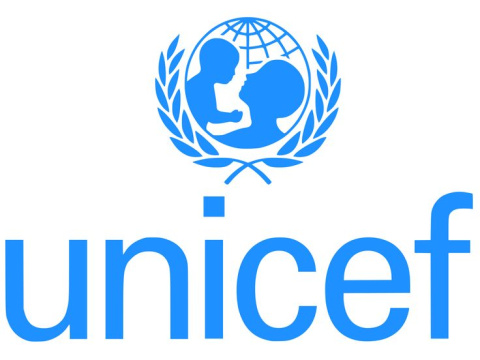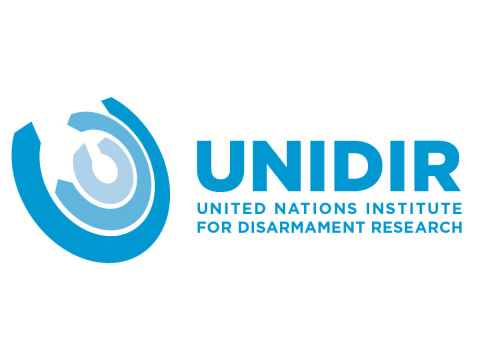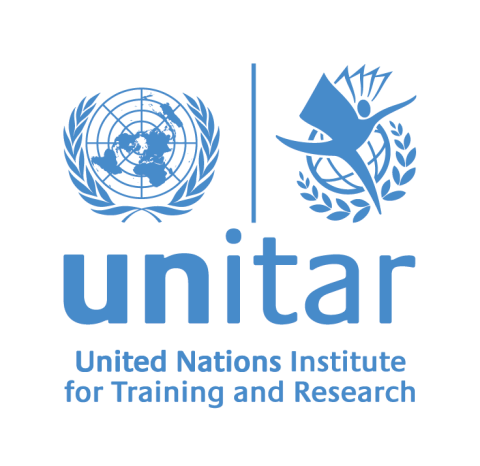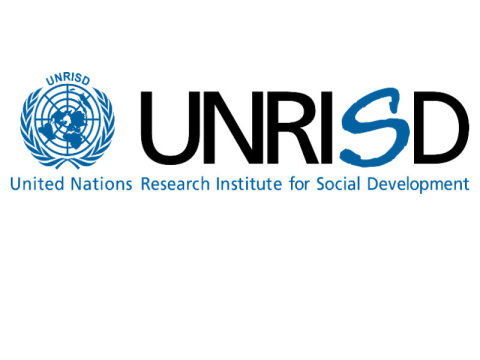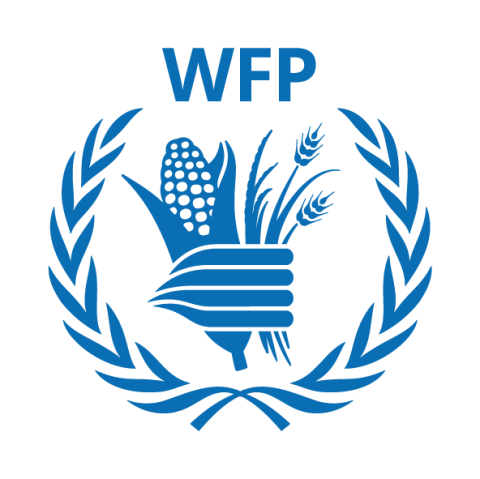
Строка навигации
- Эта страница была переведена с помощью машинного перевода. Подробнее.
Определение прав человека
Всеобщая декларация прав человека (1948)
30 статей, записанных во Всеобщей декларации прав человека, знаменуют собой первое международное соглашение о правах и свободах людей. Они охватывают самые основные права, право на жизнь, право на недискриминацию и равное обращение, а также более конкретные ситуации, такие как право на равную защиту перед законом, право на отдых или право свободно передвигаться по своей стране и за ее пределами.
Сама Декларация не является юридически обязывающим документом, а представляет собой совместное обязательство государств. Напротив, она вдохновила более 80 международных договоров по правам человека.
Международные пакты (1966)
Международный пакт об экономических, социальных и культурных правах и Международный пакт о гражданских и политических правах более подробно рассматривают многие концепции, уже затронутые Всеобщей декларацией прав человека. Они являются обязательными для государств, ратифицировавших Пакты , и эти государства обязуются воплощать их в национальных законах. Они включают, например, право на неприкосновенность частной жизни, свободу религии и убеждений или свободу выражения мнения (гражданские и политические права), право на социальное обеспечение, образование или свободу от голода (экономические, социальные и культурные права).
Договоры о правах человека (с 1965 г.)
Международные пакты являются частью девяти основных договоров по правам человека, остальные семь из которых:
- Международная конвенция о ликвидации всех форм расовой дискриминации (1965 г.)
- Конвенция о ликвидации всех форм дискриминации в отношении женщин (1979)
- Конвенция против пыток и других жестоких, бесчеловечных или унижающих достоинство видов обращения и наказания (1984)
- Конвенция о правах ребенка (1989)
- Международная конвенция о защите прав всех трудящихся-мигрантов и членов их семей (1990 г.)
- Международная конвенция для защиты всех лиц от насильственных исчезновений (2006 г.)
- Конвенция о правах инвалидов (2006)
Реализация этих договоров контролируется договорными органами — независимыми экспертами под эгидой ООН, которые анализируют доклады государств-участников и посещают страны, отслеживают жалобы отдельных лиц и организуют обсуждения с государствами-членами или экспертами по правам человека для обеспечения правильного выполнения соответствующего договора всеми его подписавшими сторонами.
Работая рука об руку с правительствами
Совет по правам человека , состоящий из 47 государств-членов, является основным органом ООН по принятию решений в области прав человека. Совет принимает резолюции, которые служат руководящими принципами для всех государств (и отдельных лиц).
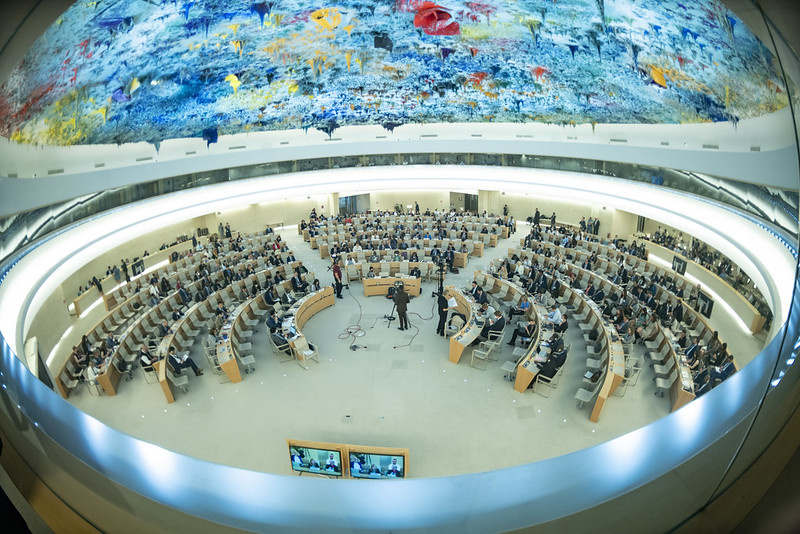
Пример: 8 октября 2021 года Совет ООН по правам человека принял резолюцию 48/13 — историческое соглашение, признающее, что чистая, здоровая и устойчивая окружающая среда является правом человека. Оно побуждает правительства разрабатывать или совершенствовать свое национальное законодательство и поддерживает работу всех правозащитников и экологических активистов.
В своих резолюциях Совет может просить УВКПЧ предоставить информацию, отчеты и исследования по конкретной ситуации. Он также может просить офис оказать техническую помощь стране.
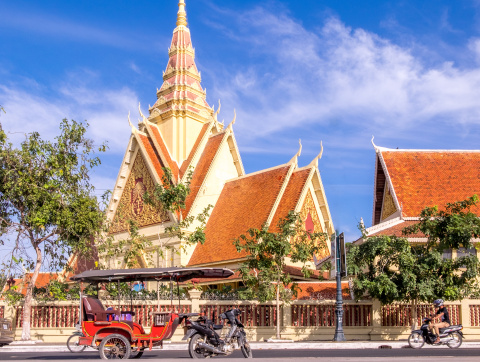
Пример: В резолюции, принятой на 54-й сессии в 2023 году и согласованной с правительством Камбоджи, Совет поручил Организации Объединенных Наций оказать Камбодже помощь в создании национального механизма по правам человека для совершенствования правовых институтов страны путем обучения судей, юристов и сотрудников судов, а также правоохранительных органов, а также помочь Камбодже лучше оценивать ее прогресс в вопросах прав человека.
Мониторинг ситуации с правами человека во всем мире
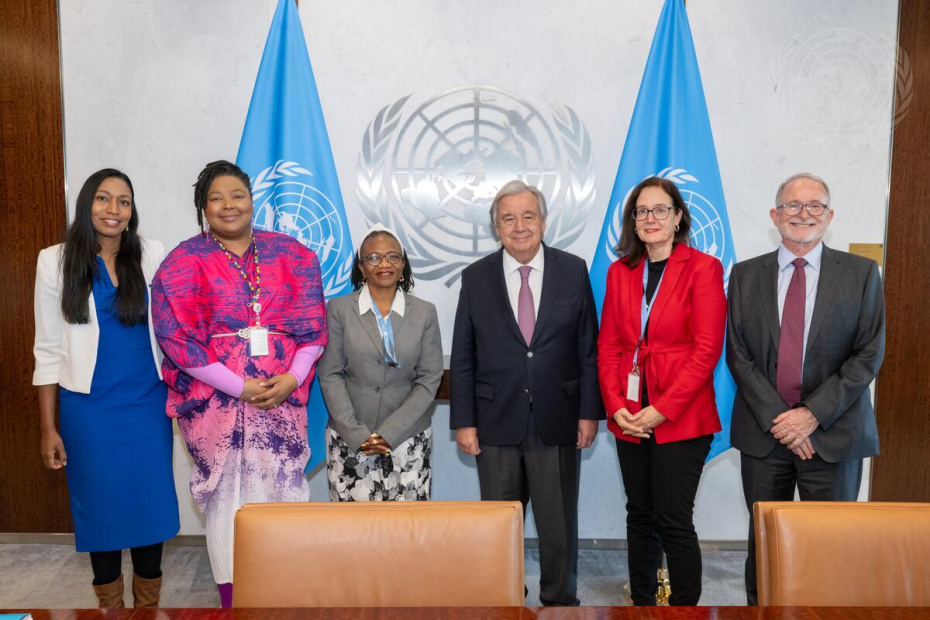
Специальные процедуры
Совет по правам человека назначает так называемых мандатариев специальных процедур — это эксперты по правам человека, которые работают в определенной тематической или региональной области, темы варьируются от альбинизма до изменения климата, наемничества или недобровольных исчезновений. Отдельные лица или группы обычно очень откровенно говорят о нарушениях прав человека, подпадающих под сферу их мандата. Они делают публичные заявления, посещают страны для наблюдения за ситуацией с правами человека и отслеживают отдельные случаи. Раз в год мандатарии отчитываются о своих выводах перед Советом по правам человека и, по требованию, перед Генеральной Ассамблеей.
Эти мандаты получают поддержку от ООН в плане кадрового обеспечения или покрытия расходов на поездки. Однако должности не оплачиваются, держатели мандатов независимы и не являются сотрудниками ООН. Это подчеркивает их нейтралитет по отношению к любым субъектам.
Пример: Армения меняет политику создания отдельных сообществ для бедных и детей с ограниченными возможностями.
В 2019 году специальные докладчики по вопросам инвалидности и образования направили Армении сообщение относительно планов государства поддержать строительство так называемого «Каритас-Сити» или «Детского города» для детей и их семей с низким финансовым положением или с ограниченными возможностями. Эксперты выразили обеспокоенность тем, что это приведет к сегрегации общин. В своем ответе от 10 февраля 2020 года правительство проинформировало мандатариев, что оно отменило свое решение и прекратило реализацию проекта.
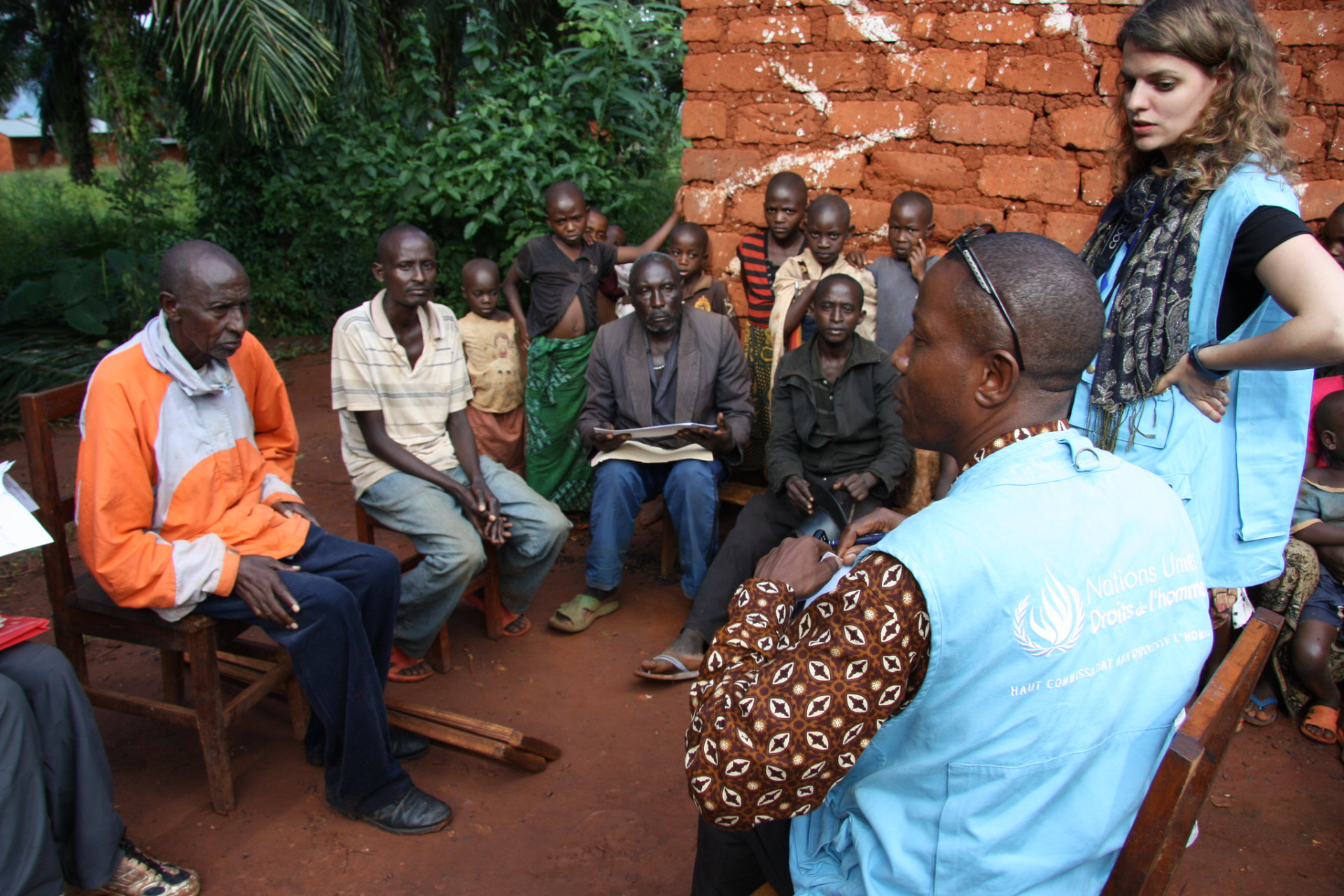
Местные отделения УВКПЧ
Управление ООН по правам человека имеет глобальное присутствие с 12 региональными и 18 страновыми офисами в 2024 году. Кроме того, УВКПЧ присутствует в нескольких миротворческих миссиях, а советники по правам человека направлены в более чем 40 страновых групп ООН. Деятельность многообразна: сотрудники по правам человека на национальном уровне взаимодействуют с правительством и национальными структурами, такими как национальная комиссия по правам человека или организации гражданского общества; они следят за ситуацией с правами человека и регистрируют нарушения; защищают жертв; и они публикуют информацию о нарушениях прав человека и доводят проблемы прав человека до остального мира.
Пример: Управление по правам человека в Центральной Африке оказывало поддержку различным странам региона в представлении их регулярных докладов в договорные органы, УПО и другие механизмы по правам человека: для многих правительств возможность собирать и анализировать всеобъемлющие данные о ситуации с правами человека является первым шагом на пути к решению потенциальных проблем и, следовательно, к более качественному обслуживанию своих граждан.
Офис в Центральной Африке также обучил многочисленных журналистов освещению прав человека. В результате было опубликовано более 180 статей, а также несколько десятков репортажей по телевидению и радио, посвященных вопросам прав человека. В долгосрочной перспективе это помогает гражданам лучше понимать и защищать свои права.
Пример: Сьерра-Леоне отменяет смертную казнь.
Универсальный периодический обзор
Уникальная система в рамках ООН, Универсальный периодический обзор представляет собой равноправный процесс между государствами. В конструктивном духе правительства хвалят друг друга за достижения в области прав человека и дают рекомендации о том, что можно улучшить. Каждое государство проходит обзор каждые 4,5 года. Основой для рекомендаций государств являются национальный отчет, анализ ООН, а также отчет, составленный заинтересованными сторонами, такими как организации гражданского общества. После получения всех рекомендаций государство, проходящее обзор, публично упоминает, какую рекомендацию оно примет и над которой будет работать.
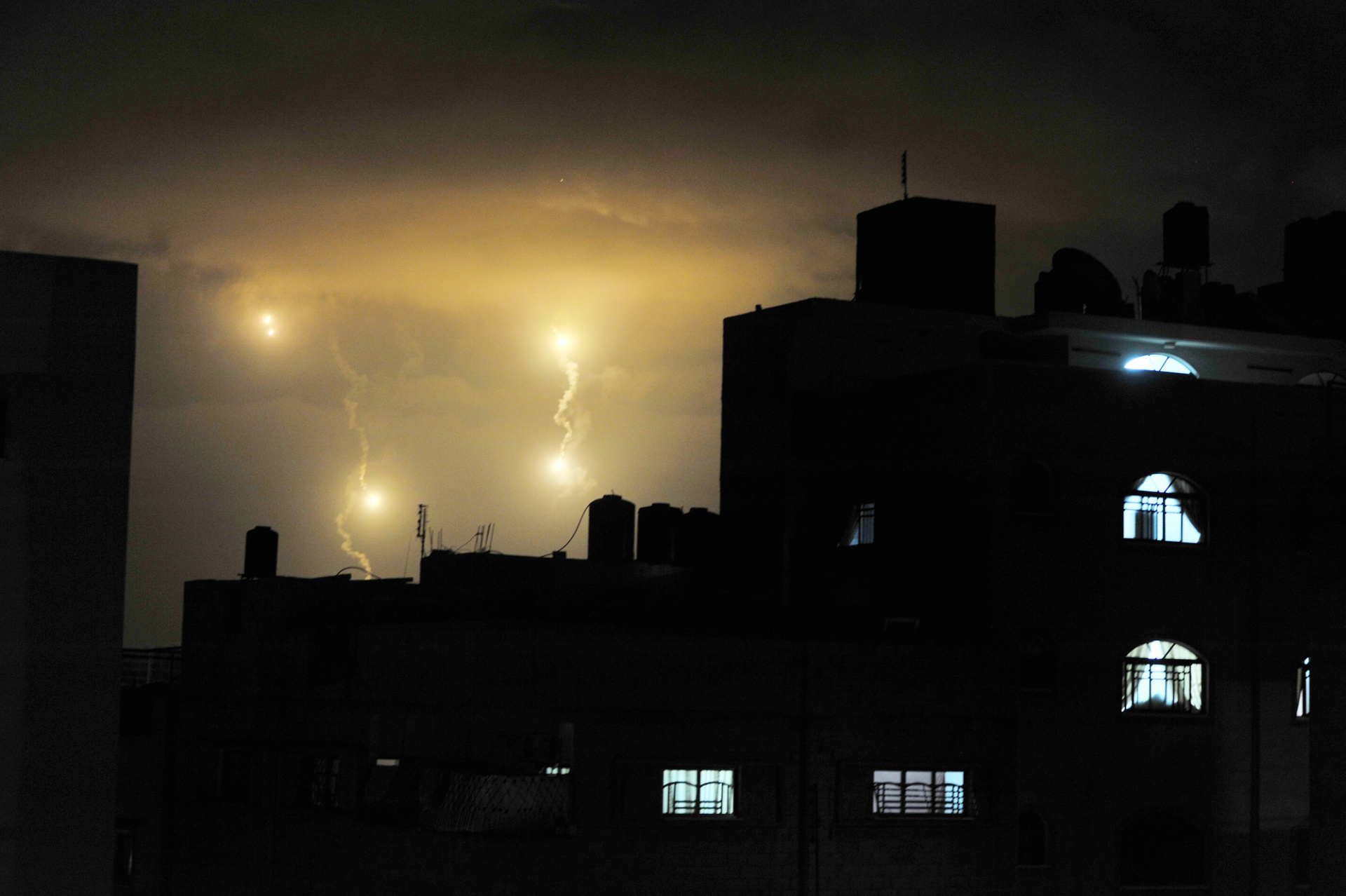
Расследования
Когда страна грубо нарушает права своих граждан, ООН начинает расследование. В настоящее время УВКПЧ по запросу Совета по правам человека расследует нарушения прав человека в 13 странах , от Венесуэлы до Беларуси, Сирии, Судана и Мьянмы. Кроме того, ведется расследование расовой справедливости в правоохранительных органах, которое не привязано к одной стране.
Кроме того, Генеральной Ассамблеей были созданы следственные механизмы по Сирии ( IIIM и IIMP) и Мьянме ( IIMM ), которые также работают из Женевы.
Следователи разговаривают с жертвами и свидетелями и ведут подробную историю инцидентов, включая, если возможно, преступников, совершивших нарушения прав человека. Эти записи могут быть использованы для санкций против страны, предоставления убежища или выплаты компенсаций жертвам или для предъявления обвинений виновным — либо перед международным судом, либо позднее, когда будет восстановлена собственная судебная система правительства.
Пример: бывший высокопоставленный сирийский чиновник был приговорен немецким судом к пожизненному заключению за его роль в пытках, убийствах и сексуальном насилии в отношении сирийского народа. Он искал убежища в Германии, но, отчасти благодаря доказательствам, собранным IIIM , совершенные им зверства были раскрыты.
Объяснение: Что такое «Независимый институт по пропавшим без вести в Сирии»?
В 2023 году Генеральная Ассамблея ООН приняла резолюцию о создании Независимого института по пропавшим без вести лицам в Сирии, которому поручено выяснить судьбу всех пропавших без вести лиц и оказать поддержку членам их семей, а также выжившим. Официальные данные указывают на то, что за 13 лет гражданской войны, опустошающей страну, пропало без вести около 100 000 человек, при этом реальные цифры, по оценкам, намного выше.
Для внедрения этого нового механизма УВКПЧ наняло сотрудников, обладающих опытом в области прав жертв и пропавших без вести лиц, которые приступят к работе в 2024 году.
Работа в области прав человека: какое влияние она оказывает?
При всех плохих новостях, которые мы видим, и кризисах, которые, кажется, ухудшаются с каждым днем, не является ли работа в области прав человека просто напрасным усилием? Действительно, не существует механизма, который мог бы заставить правительство соблюдать свои обязательства в области прав человека, хотя многие международные законы и договоры в области прав человека являются юридически обязательными. Однако работа в области прав человека имеет несколько важных функций:
Работа сотрудников по правам человека в ООН и других организациях способствует выявлению всех нарушений прав человека, которые происходят, и их выводы часто становятся основой для сообщений в СМИ. Если бы не было нейтральных субъектов на местах, которые могли бы зафиксировать и опубликовать эти нарушения прав человека, их можно было бы легко замести под ковер.
При судебном преследовании виновных в этих нарушениях необходимо собирать доказательства и вести подробную регистрацию всех инцидентов и вовлеченных лиц.
Многим государствам не хватает знаний или средств для развития своих прав человека, правоохранительных органов или судебных систем. ООН вмешивается и, как партнер, помогает правительствам совершенствовать свои механизмы, что в конечном итоге приносит пользу гражданам.
С помощью своих механизмов обзора и контроля Управление ООН по правам человека указывает на недостатки в положении с правами человека в стране. Аналогичным образом, во время Универсального периодического обзора государства оказывают давление на своих коллег, чтобы те активизировали свои усилия по защите прав человека. Конструктивная обратная связь оказывается эффективной, поскольку большинство государств ссылаются на рекомендации, полученные ими во время последнего обзора, и с гордостью сообщают о достигнутом с тех пор прогрессе.
Куда может обратиться человек или НПО, если их правительство систематически нарушает их права человека? Управление по правам человека управляет несколькими механизмами подачи жалоб, которые позволяют отдельным лицам или группам сообщать о ситуациях, несовместимых с международным правом прав человека. Эти жалобы после тщательной проверки могут привести к повторным судебным разбирательствам или компенсациям, освобождению из тюрьмы или сокращению сроков наказания, новой политике, соответствующей международным стандартам прав человека, или к дальнейшим действиям со стороны УВКПЧ, таким как независимое расследование, техническая помощь или назначение специального докладчика для наблюдения за ситуацией.
Организации, работающие в сфере прав человека
Международный, беспристрастный и независимый механизм — Сирия (МММ) был создан в декабре 2016 года Генеральной Ассамблеей для оказания помощи в расследовании и судебном преследовании лиц, ответственных за самые серьезные преступления по международному праву, совершенные в Сирийской Арабской [...]
В сентябре 2018 года Совет ООН по правам человека учредил Независимый следственный механизм для Мьянмы с мандатом на сбор, консолидацию, сохранение и анализ доказательств наиболее серьезных международных преступлений и нарушений международного права, совершенных в Мьянме с 2011 года. подготавливать [...]
Независимый институт — это структура ООН, созданная Генеральной Ассамблеей 29 июня 2023 года в ответ на срочные призывы к действиям со стороны членов семей многих тысяч пропавших без вести лиц в Сирии, чтобы определить их судьбу и местонахождение. Учредительная резолюция МИМП уполномочивает его:
- Выяс [...]
Международная организация труда является агентством ООН в сфере труда. Он объединяет правительства, работодателей и работников для реализации ориентированного на человека подхода к будущему сферы труда посредством создания рабочих мест, соблюдения прав на рабочем месте, социальной защиты и [...]
Основанная в 1951 году, МОМ является ведущей межправительственной организацией в области миграции и тесно сотрудничает с государственными, межправительственными и неправительственными партнерами. МОМ работает над обеспечением упорядоченного и гуманного управления миграцией, содействием [...]
ITC является совместным агентством Всемирной торговой организации и Организации Объединенных Наций. Как партнер по развитию для успешного экспорта малого бизнеса, цель ИТЦ состоит в том, чтобы помочь развивающимся странам и странам с переходной экономикой добиться устойчивого человеческого развития [...]
В июле 2010 года Генеральная Ассамблея Организации Объединенных Наций создала Структуру «ООН-женщины» — Орган Организации Объединенных Наций по вопросам гендерного равенства и расширения прав и возможностей женщин. При этом государства-члены ООН сделали исторический шаг в ускорении достижения целей [...]
Программа Организации Объединенных Наций по населенным пунктам, UN-HABITAT, является агентством Организации Объединенных Наций по населенным пунктам. Генеральная Ассамблея ООН поручила ему продвигать социально и экологически устойчивые города и города с целью обеспечения всех адекватным жильем.
ЮНЭЙДС возглавляет глобальные усилия по ликвидации СПИДа как угрозы общественному здравоохранению к 2030 году в рамках Целей устойчивого развития.
С тех пор, как более 35 лет назад были зарегистрированы первые случаи ВИЧ, 78 миллионов человек заразились ВИЧ и 35 миллионов человек умерли от болезней [...]
Женевское бюро по связям ЮНЕСКО (GLO) было создано в 1979 году для поддержания связи ЮНЕСКО с Отделением Организации Объединенных Наций в Женеве (ЮНОГ), базирующимися здесь специализированными учреждениями ООН (например, ВОЗ, МОТ, МСЭ, ВОИС и ВМО), программами ООН. , фонды и организации (например [...]
УВКБ ООН, Агентство ООН по делам беженцев, является глобальной организацией, занимающейся спасением жизней, защитой прав и построением лучшего будущего для людей, вынужденных покинуть свои дома из-за конфликтов и преследований. Мы возглавляем международную деятельность по защите беженцев [...]
ЮНИСЕФ работает в самых сложных уголках мира, чтобы помочь самым обездоленным детям и подросткам и защитить права каждого ребенка во всем мире. В более чем 190 странах и территориях мы делаем все возможное, чтобы помочь детям выжить, развиваться и реализовать свой потенциал с раннего детства до [...]
Институт Организации Объединенных Наций по исследованиям в области разоружения (ЮНИДИР) — автономный институт в рамках Организации Объединенных Наций — проводит исследования в области разоружения и безопасности с целью оказания помощи международному сообществу в его разоруженческом мышлении [...]
Являясь специальным учебным подразделением системы Организации Объединенных Наций, Учебный и научно-исследовательский институт Организации Объединенных Наций (ЮНИТАР) предоставляет инновационные решения в области обучения отдельным лицам, организациям и учреждениям для улучшения глобального процесса [...]
Управление Организации Объединенных Наций по наркотикам и преступности (УНП ООН) призвано сделать мир более безопасным от наркотиков, организованной преступности, коррупции и терроризма. Организация привержена достижению здоровья, безопасности и справедливости для всех путем устранения этих угроз и [...]
ЮНРИСД является автономным исследовательским институтом в системе ООН, который проводит междисциплинарные исследования и политический анализ социальных аспектов проблем современного развития. ЮНРИСД сотрудничает с обширной сетью партнеров из академического, политического, практического и [...]
Всемирная продовольственная программа Организации Объединенных Наций (ВПП) — крупнейшая в мире гуманитарная организация, спасающая жизни в чрезвычайных ситуациях и использующая продовольственную помощь для прокладывания пути к миру, стабильности и процветанию для людей, восстанавливающихся после [...]


